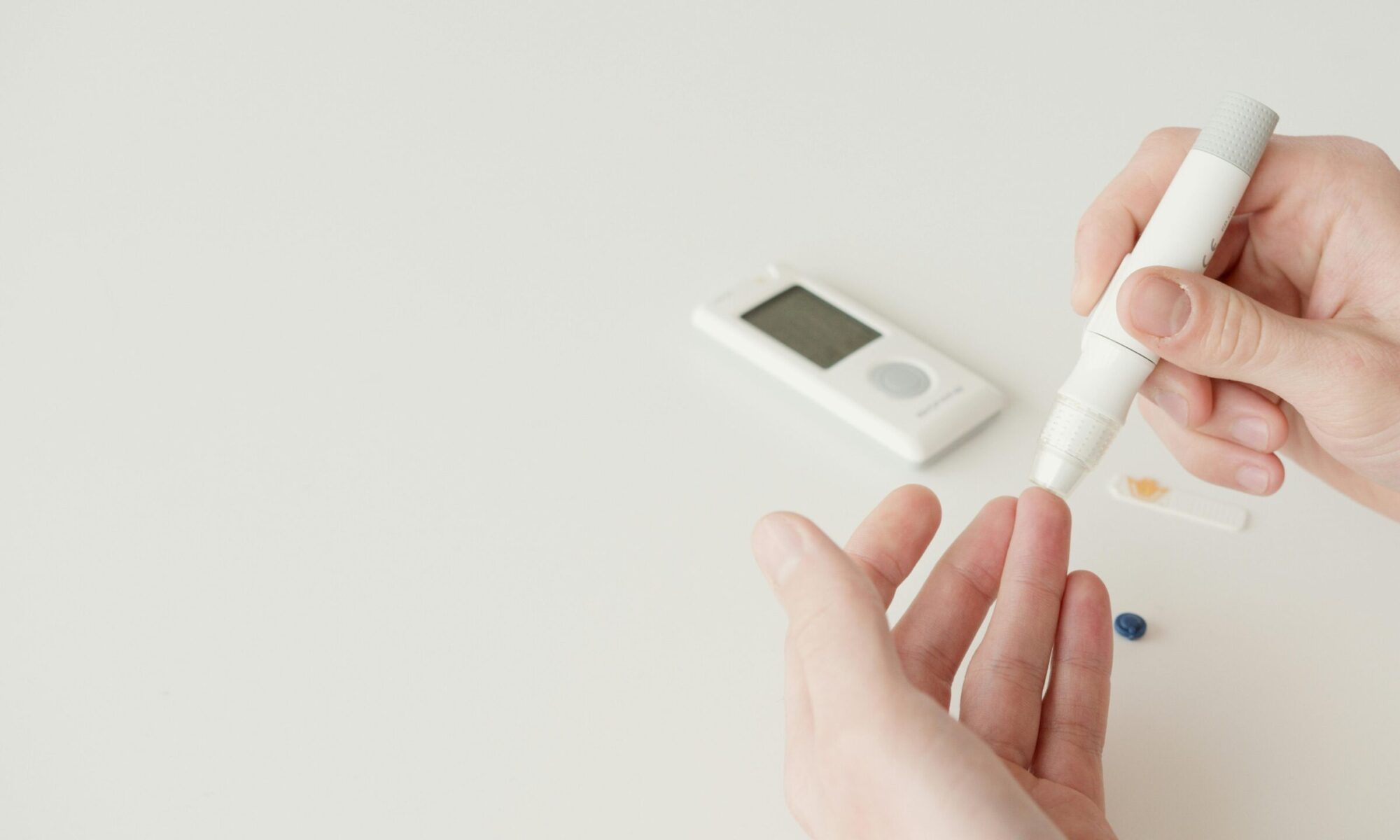Living with diabetes—whether Type 1, Type 2, or pre-diabetes—requires a proactive approach to lifestyle management. Making informed and sustainable changes in diet, exercise, stress management, and routine health monitoring can help control blood sugar levels and prevent complications. This article explores essential lifestyle changes that can empower individuals to lead healthier lives with diabetes.
Healthy Eating Habits
A well-balanced diet is central to managing diabetes. Focus on foods that promote stable blood glucose levels and overall health.
- Choose Complex Carbohydrates: Whole grains, vegetables, and legumes release glucose gradually, avoiding spikes.
- Monitor Portion Sizes: Using a plate method (half vegetables, one-quarter protein, and one-quarter complex carbs) can help control carbohydrate intake.
- Incorporate Healthy Fats: Avocados, nuts, olive oil, and seeds improve heart health.
- Avoid Sugary Foods and Drinks: Limit sweets, sugary beverages, and processed foods to maintain steady glucose levels.
- Count Carbohydrates: For insulin users, carb counting helps align insulin doses with meals.
- Maintain Consistent Meal Times: Eating meals and snacks at regular intervals helps avoid large fluctuations in blood sugar.
Regular Physical Activity
Exercise improves insulin sensitivity and helps maintain a healthy weight. Even small amounts of regular activity can make a big difference.
- Aerobic Exercise: Activities such as walking, swimming, or cycling for at least 150 minutes per week are recommended.
- Strength Training: Resistance exercises (using weights or bodyweight) twice a week help build muscle and improve glucose regulation.
- Daily Movement: Incorporate small bursts of activity into your day—take the stairs, stretch, or go for short walks after meals.
- Monitor Glucose Levels: Check blood sugar before and after exercise to avoid hypoglycemia. Adjust meals or insulin doses as needed.
Weight Management
Maintaining a healthy weight reduces insulin resistance and improves glucose control, especially for those with Type 2 diabetes.
- Set Realistic Goals: Aim for gradual weight loss, if needed, through sustainable changes.
- Avoid Crash Diets: Extreme diets can lead to nutrient deficiencies and blood sugar imbalances.
- Combine Diet and Exercise: A balance of healthy eating and physical activity is the most effective way to lose weight and maintain it.
Managing Stress and Mental Health
Stress can raise blood sugar levels and make diabetes management more challenging. Incorporating techniques to reduce stress improves both physical and mental well-being.
- Mindfulness Practices: Meditation, yoga, and breathing exercises help reduce stress and improve emotional balance.
- Sleep Hygiene: Aim for 7-9 hours of quality sleep to support healthy glucose levels and mental clarity.
- Seek Support: Connecting with support groups or mental health professionals can reduce feelings of isolation.
- Identify Stress Triggers: Track your emotional responses and learn to manage them with healthy coping mechanisms.
Routine Health Monitoring
Regular monitoring of blood glucose and overall health ensures early detection of potential issues.
- Monitor Blood Sugar Levels: Use Continuous Glucose Monitoring (CGM) or test regularly with a glucometer.
- Track HbA1c Levels: This test reflects long-term glucose control and should be done every 3-6 months.
- Eye and Foot Care: Visit an eye doctor yearly and check feet regularly for any injuries or signs of infection.
- Blood Pressure and Cholesterol Checks: Maintain heart health by monitoring blood pressure and cholesterol.
- Work Closely with Healthcare Providers: Regular check-ups help fine-tune treatment plans based on lifestyle changes and glucose trends.
Quit Smoking and Limit Alcohol Consumption
- Quit Smoking: Smoking increases the risk of cardiovascular disease and worsens diabetes complications.
- Limit Alcohol: Alcohol can cause blood sugar fluctuations, especially if consumed without food. Always monitor your glucose levels after drinking.
Stay Consistent with Medications and Insulin
Following prescribed treatments is crucial for glucose control. Make adjustments as recommended by your healthcare team.
- Take Medications as Prescribed: Adhere to oral medications, insulin, or other therapies to maintain optimal glucose levels.
- Store Insulin Properly: Ensure insulin remains effective by storing it according to guidelines.
- Update Treatment Plans: Work with your doctor to adjust medications based on lifestyle changes or changing needs.
Build a Support Network
Living with diabetes is easier when you have emotional and practical support.
- Join Support Groups: Engaging with others managing diabetes can provide motivation and useful tips.
- Educate Family and Friends: Help those around you understand diabetes so they can offer better support.
- Involve Your Care Team: Collaborate with healthcare professionals, including dietitians and diabetes educators.
Conclusion
Managing diabetes requires consistent effort across multiple aspects of life, but with the right lifestyle changes, it becomes much easier to live a healthy and fulfilling life. Healthy eating, regular physical activity, stress management, and routine monitoring are essential pillars of diabetes care. By staying committed to these practices and working closely with healthcare providers, individuals with diabetes can avoid complications and enjoy a better quality of life.
Disclaimer:
The content on this website/article is community-driven and contributed by non-medical professionals. The observations and views expressed reflect the experiences and opinions of the non-medical community. You are strictly advised to seek the advice or opinion of a qualified medical professional before considering or acting on any information, opinions, or views presented on this website.

